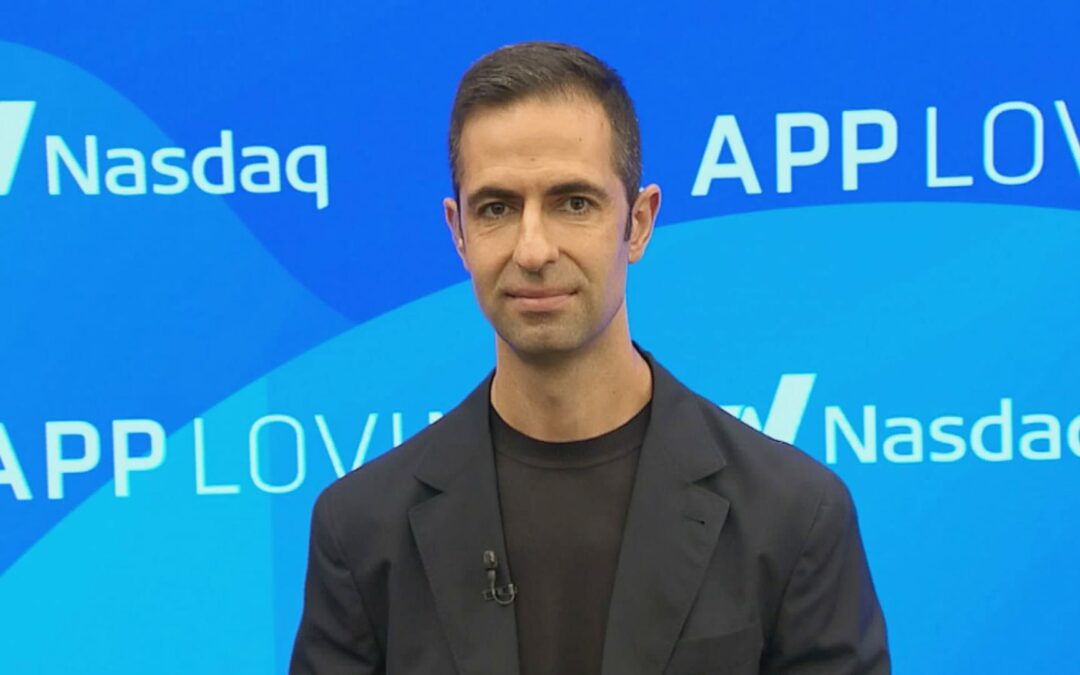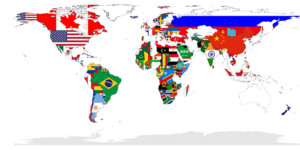While Nvidia’s spectacular surge remains the biggest story in the technology industry, the AI chipmaker’s performance on the market has been dwarfed this year by a digital advertising company with a specialty in gaming.
AppLovin has soared 310% in 2024, beating every U.S. tech company with a market cap of at least $5 billion, according to FactSet data. Nvidia, which has led the artificial intelligence boom and become the world’s second-most valuable public company, is up 173% this year.
Founded 12 years ago, AppLovin went public in 2021, riding a Covid-era wave of excitement in online games. Now, the company’s games unit generates relatively slow growth, but its online ad business is bustling from advancements in AI that have improved ad targeting.
Great returns bring great expectations, and AppLovin has a lot to prove in its earnings report on Wednesday, as investors look for proof that the rally is warranted. In its third-quarter report, analysts are expecting revenue growth of 31% to $1.13 billion, according to LSEG, following two straight quarters of growth above 40%.
More than revenue, AppLovin has shown a massive increase in profit. Based on LSEG’s consensus, EPS is expected to more than triple to 92 cents, while analysts see operating income more than doubling to $424.2 million, according to FactSet.
AppLovin attributes much of its growth to its AI advertising engine called AXON, particularly since releasing the updated 2.0 version last year. The technology helps put more targeted ads on the mobile gaming apps the company owns, and works for other studios that license the software.
“AXON enhancements through ongoing self-learning and our dedicated development efforts have fueled robust business performance this quarter,” AppLovin said in its second-quarter shareholder letter in August. Revenue in the software business jumped 75% in the second quarter to $711 million, accounting for about two-thirds of total sales.
Analysts have gotten increasingly bullish.
Wells Fargo initiated AppLovin with the equivalent of a buy rating on Oct. 29, calling the company a share gainer. Analysts at BTIG lifted their price target last week to $202, the highest among firms tracked by FactSet. Oppenheimer, Stifel Nicolaus and Jefferies also raised their targets in October.
According to analysts at Wedbush, the ad opportunity in the mobile gaming industry will grow from $10 billion today to $50 billion over the next decade.
“Investors have bought into the story, driving APP shares to all-time highs, and we think that the rally is warranted,” Wedbush analysts wrote in a note on Oct. 11. They said the company’s “real opportunity” is to catch the influx in brand advertising towards mobile gaming from more conventional channels like social media or legacy broadcasting.
Because of its position in digital advertising, AppLovin faces potential competition from some of the most well-capitalized companies on the planet. In its latest annual filing, AppLovin named Google, Amazon and Facebook as competitors. The company also relies on a small set of mobile platforms, most notably from Apple and Google, for distribution.
AppLovin didn’t respond to a request for comment.
Among the biggest financial beneficiaries of AppLovin’s historic rally is founder and CEO Adam Foroughi, whose stake has soared to about $5 billion in value.
Things could’ve turned out very differently.
In September 2016, several years before the IPO, Foroughi agreed to sell a majority stake in AppLovin to Chinese investment firm Orient Hontai Capital in a deal valued at $1.4 billion. The transaction never materialized as the agreement came at a time when the U.S. government was clamping down on Chinese involvement in the domestic tech sector.
More recently, AppLovin was supposed to be on the other side of a deal that ultimately got scuttled. In 2022, AppLovin gave up on efforts to buy gaming software developer Unity Software for $20 billion, after Unity shareholders rejected the bid.
Unity has since struggled mightily, losing more than half its value. Over that same stretch, AppLovin’s market cap has ballooned by almost sixfold.
WATCH: AppLovin is ‘killing Unity’ says LightShed’s Brandon Ross









